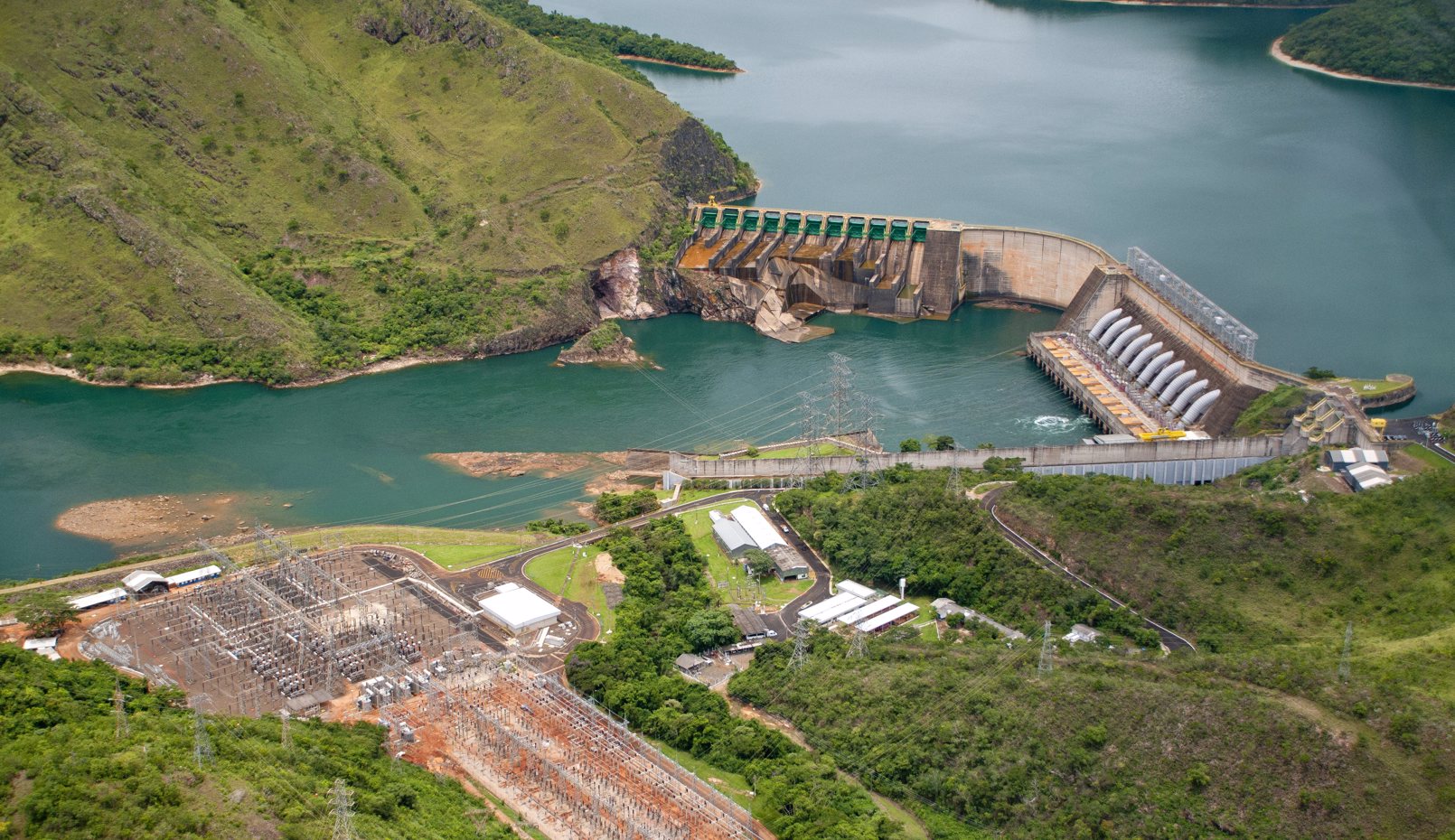RIO DE JANEIRO, BRAZIL – The hydrological crisis Brazil has been experiencing in recent months has raised concerns over energy supply, and technicians in charge of operating the electricity system say averting rationing or blackouts will involve a real “dispute over water.”

The Electricity Sector Monitoring Committee (CMSE), led by the Ministry of Mines and Energy, said after an extraordinary meeting on Thursday that the shortage of rainfall calls for easing restrictions on the operation of some hydroelectric plants, including Jupiá, Porto Primavera and Ilha Solteira in São Paulo and Furnas in Minas Gerais.
These measures, to allow more power generation or more storage in certain regions, need to be negotiated with agencies such as the National Water Agency (ANA) and IBAMA (Brazil’s environmental agency), and often with politicians, due to tourism in the lake region.
Success in these negotiations is regarded as crucial to ensure that demand will be met in 2021, according to two sources close to the issue.
“Energy rationing is not in the plan, but if the flexibility of the flow does not occur, there is no other way,” said one of the sources, who spoke on the condition of anonymity.
But the issue returns from time to time, now that the period between September and May registered the worst rainfall levels in reservoirs of hydroelectric plants in 91 years, Brazil’s main source of generation.
The flexibility in power plant operations the CMSE is seeking, however, may face some resistance due to environmental or even political concerns, a leading technician in the sector said.
Measures related to flow could also have damaging impacts on sectors such as the coffee industry, which is important in Furnas.
“To be honest, this issue is going to be very difficult, it’s an unpopular agenda. I think there will be disputes, as there always have been,” he said, recalling that in the past the government of President Jair Bolsonaro negotiated with politicians from Minas Gerais to maintain a minimum level in lakes such as Furnas, which promote tourism.
On Friday, Senate President Rodrigo Pacheco (DEM-MG) harshly criticized the ONS after information was released about the CMSE’s request to relax the operation of power plants including Furnas.
“The ONS, linked to the Ministry of Mines and Energy, has seized Brazilian waters for its sole purpose of power generation… the forecast to dry up the reservoirs of the Furnas system, in Minas Gerais, is unacceptable, even more so after the agreements made with the state’s legislative bench,” he wrote on Twitter.
“This energy policy lacking ideas, which does not plan and does not think in the medium and long term, reduces water levels and sacrifices food supply, tourism, navigation, farming, fish farming, and the environment,” he attacked.
Asked about risks of energy supply or rationing, ONS said that “the scenario merits attention,” but that several measures have been taken in the CMSE “to ensure supply.”
The agency also said it does not see a momentary lack of supply occurring, or a power deficit, “considering that the CMSE has taken the necessary measures to ensure the security and continuity of energy supply.”
ONS also stressed that it “has been reinforcing the management of all reservoirs” and that, given the present situation, it is working together with IBAMA and ANA to “ensure the governability of the hydraulic operation of the Southeast region’s main basins.”
On Thursday, the CMSE warned that flexibilization measures are required to “mitigate the risk of loss of water control in the Paraná River basin.”
Concerns about supply come 20 years after the 2001 historic rationing, and just like then, also a year before an election, when there are typically economic incentives in any government, pointed out specialist Leontina Pinto, from Engenho Consultancy.
She also said that efforts to avert an energy crisis at any cost, which include the mass use of thermal plants, more expensive, could result in a heavy bill when the costs are passed on to the tariff, as occurred in 2015, after the country experienced supply risks the year before.
“I am very concerned. Is economic recovery possible without energy? Or with energy at astronomical prices?” she asked.
“I have a simulation program that I call the rationometer. I joke that it is time to turn it on again.”

